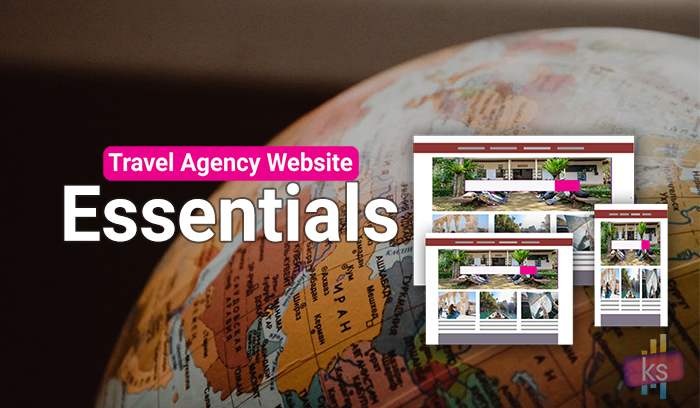In this blog post, explore the tips to transform your travel agency website into a powerful tool for attracting visitors, boosting engagement, and driving conversions. Discover the essential features necessary to have in this competitive landscape of the travel industry, trends and stand out.
Many travel agency owners lack technical or digital marketing expertise but aim to generate leads through websites. Initially, this may not seem problematic. However, not all travel agency websites are able to attract free organic traffic or achieve satisfactory conversion rates, even when using Google ads.
There are several reasons why this may happen:
1. Lack of Optimization
Just creating a website to generate travel leads is not enough. If you do not optimize your websites for search engines (SEO) or user experience, then it become for potential customers to find your agency info and packages details on website effectively.
Read more about this: A Comprehensive Guide to Fix Top 11 Common SEO Mistakes
2. Ineffective Marketing Strategies
Without digital marketing expertise, many travel agency owners struggles to create effective digital marketing or advertising campaigns or fail to target the right audience with their ads and content that result into low traffic or low conversion rates.
3. Poor Website Design
With various travel agency website creation packages available, ranging from 1000 to 100000 rupees, newcomers often struggle to differentiate the right choice.
They may rely solely on observing competitor websites or providing them as samples to website designers. Website designer or web developer mostly focused on the technical side. But what about marketing strategies.
However, including elements just because competitors have them without understanding their strategic significance can prove ineffective. Every feature added to the website should be strategically aimed at generating leads, whether it’s encouraging social sharing, prompting subscriptions, facilitating form submissions, or inviting comments.
Technically, A website plagued by slow loading times, confusing navigation, poor readability, and lacking high-quality images, detailed packages, maps, addresses, and agency registration may deter visitors and impact search engine ranking, traffic and conversion rates.
4. Insufficient Content
The more unique and high-quality content you publish or showcase on your website, the greater its chances of ranking higher on search engines. This results in gaining free organic traffic and potentially increasing conversions. Blogging or posting travel-related content is particularly valuable for your agency, akin to striking gold in terms of attracting visitors and potential customers.
But travel agency websites may lack compelling and unique content or fail to provide valuable information to visitors, reducing their appeal and ability to attract organic traffic.
This occurs because many travel agencies offer similar package details; what Agency A includes, Agency B often includes as well. Moreover, copying and pasting travel packages from other websites can lead to duplicate content issues, potentially harming your website’s search engine ranking.
Many travel agency owners who hire website design agencies encounter such issues, particularly if they rely on them for content creation.
Content must be unique. Even if you opt to display less information, uniqueness is crucial. For added distinctiveness, consider showcasing itinerary details in Hindi, especially if your target audience is Hindi-speaking. Additionally, utilizing AI text conversion tools can help ensure some level of differentiation in your content.
Read More: Top 6 Benefits of having a blog on your website
5. Competition
Every agency owner wants to be on the top of search. But as you know travel industry is highly competitive, and without a Solid online presence and effective marketing strategies, it can be challenging for new travel agencies to stand out and attract customers.
While the solution is that do not rely only on your marketing strategy take help of experts.
Like above points, there are several small challenges, technical things and problems that impact travel agency websites from attracting more traffic from search engines.
However, by addressing some fundamental aspects correctly, you can undoubtedly increase traffic and conversions. You may not agree with every point discussed, and that’s okay. After analyzing this information, you can choose or plan what’s best for your needs. Let us get start!
14 Must-Have things in your Travel Agency Website
Other than the having pages such as services, transportation, travel packages, itinerary, about us, and contact us, certain things are essential to enhance user experience, engagement, search engine ranking, and conversion.
1. Must-Have Enquiry or Booking Form on Home Page
Include a visible enquiry form on the home page where visitors can easily submit their queries or requests for tour package and pricing information. This is main point of contact so make it best. And confirm that it’s responsive. So that even in most cases visitors can use it effectively in mobile device as well.
2. Showcase Google Reviews on Website
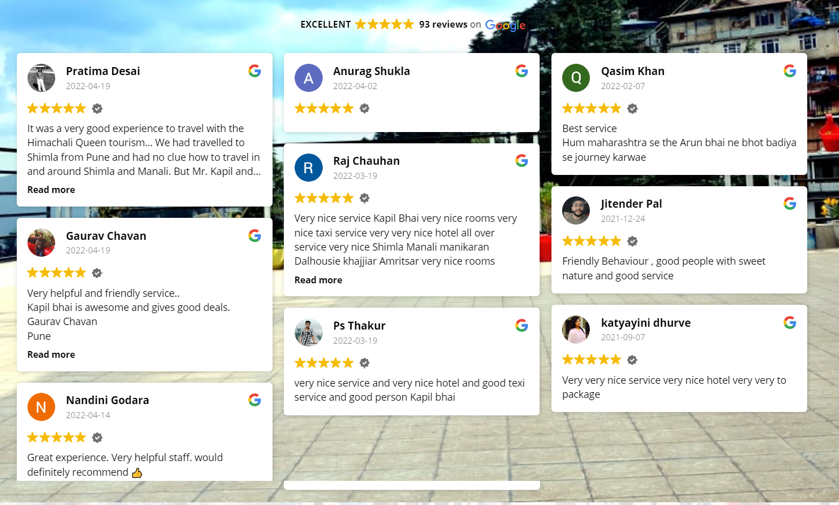
Positive reviews serve as social proof, reassure potential travelers about the quality of your travel agency services and encouraging them to book tour package with your agency.
You can use Google Business Profile reviews or Google Map reviews directly on your website to build trust and credibility among visitors.
If you are using WordPress then with reviews plugins you can embed or integrate Google reviews onto your website, ensuring they are regularly updated to reflect the latest feedback from satisfied guests.
3. Display Your Top Selling Packages or Best Package at the Front
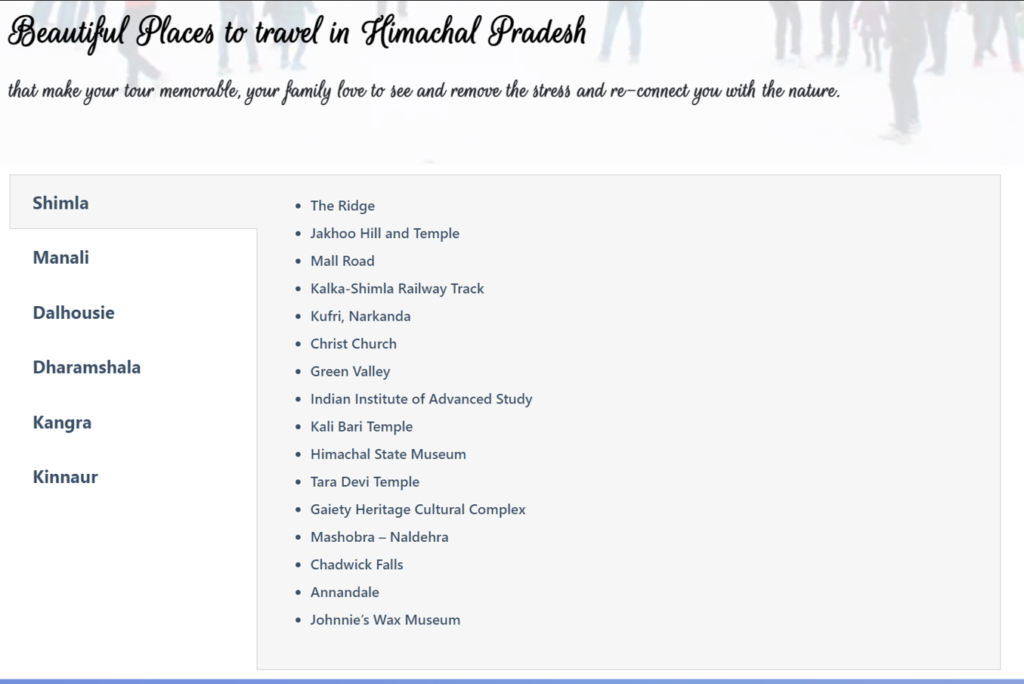
Highlight your most popular or best-performing travel packages prominently on the homepage. This will help you to captures immediate attention and directs visitors towards high-converting travel offers, maximizing the chances of engagement and conversion.
If you are using WordPress for travel agency website then the best option that find a high-quality travel agency theme in which have home page design specifically focused on showcasing packages, enquiry form and reviews.
For WordPress, you can also use can use default WordPress block editor (Gutenberg) or elementor to design high quality, professional and engaging home page.
4. Showcase Packages as per Season – Such as Summer or Winter Packages
Create separate sections or categories on your website for different seasonal packages, this makes it easy for visitors to find and explore options aligned with their preferred
You can organize your travel packages according to seasonal themes, such as summer getaways or winter escapes.
5. Add Tourist Testimonials
Testimonials from satisfied customers who have previously booked and experienced your travel services serve as powerful endorsements. This help in building credibility and instilling confidence in prospective travellers. Overall, all this help in building trust or in getting mail for package enquiry or booking.
You can showcase testimonials prominently on your travel agency website, accompanied by photos or videos if available, to add authenticity and credibility.
6. Must-Have Travel Gallery Page
Visual storytelling enhances engagement and inspires trust, allowing visitors to visualize themselves experiencing your services. For this you can create a dedicated gallery page that showcase captivating images of destinations, tours, and experiences offered by your agency.
7. Must-Have a Blog
Blogging on your travel agency website will enhance your website’s visibility, attract organic traffic through search engines, and establish your authority and expertise in the travel industry.
Regularly publish high-quality blog posts optimized for relevant keywords and topics. You can write or publish informative and engaging blog post content related to travel tips, destination guides, and industry insights.
8. Website Needs to Load Fast
Fast loading times improve user experience, reduce bounce rates, and positively impact search engine rankings. So, ensure your website loads quickly and efficiently across all devices and platforms.
You can optimize your website’s performance by minimizing unnecessary elements or plugins, compressing images, leveraging browser caching, and investing in reliable hosting server or company.
9. Provide Multiple Contact Information
Display various contact options such as WhatsApp, Facebook Messenger, email, and phone number so that if one of your sources or out of reach or busy in attending another call, so that you don’t miss the potential customers or bookings. Other than contact page, display contact details top of header and footer as well.
10. Showcase Your Agency Registration Details
Include essential registration details such as Agency Reg. Number, PAN card, GST (optional), or any relevant licenses on website.
This demonstrates transparency and legitimacy, fostering trust and confidence among potential customers. You can showcase this in footer or header and but best to showcase in “About Us” or “Legal Information” page.
11. Provide Filter and Search Option
You can enhance user experience by implementing advanced filtering and search functionalities in your travel agency website such as destination, price range and seasons. This will help visitors to find relevant travel packages and increasing engagement and conversions.
12. Must Have FAQ at the End of Each Package
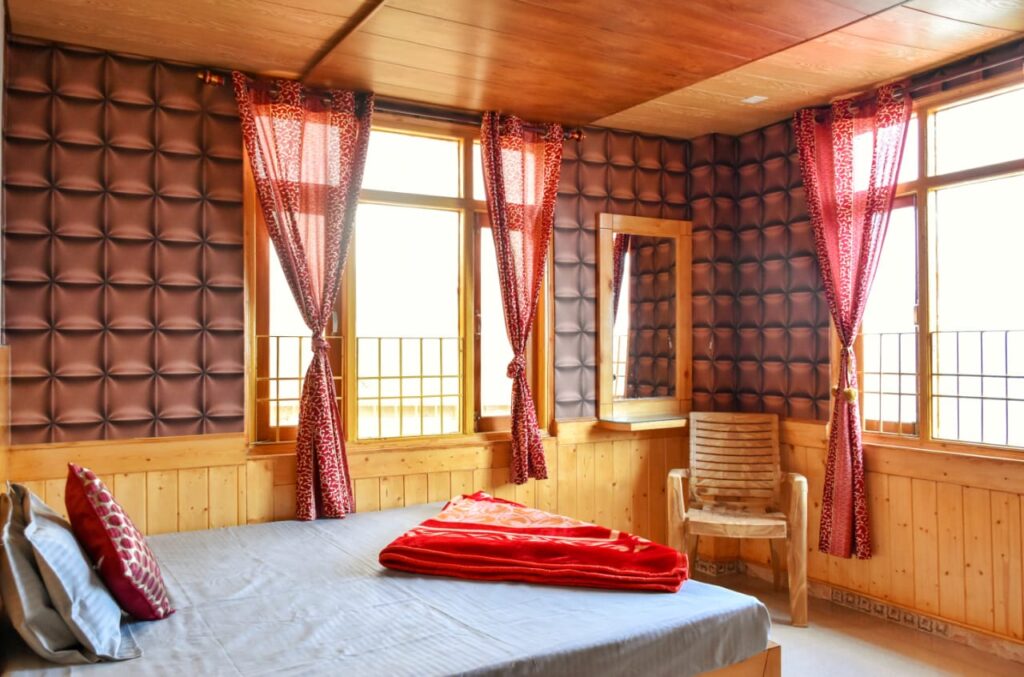
Include a comprehensive FAQ section at the end of each travel package page, addressing common queries and concerns.
This will enhance user experience and increase conversion by providing quick answers to potential questions regarding tour, rooms, or activities or itinerary.
You can compile a list of frequently asked questions related to each travel package, covering topics such as itinerary, inclusions, exclusions, booking process, and cancellation policies, and present them in an organized and easily accessible format.
13. Include Enquiry Form in Each Package or at the of itinerary
Include a dedicated enquiry form on each travel package page or after itinerary or in sidebar enabling visitors to submit inquiries or requests directly. This facilitates immediate engagement, thereby increasing the likelihood of conversion. Additionally, it facilitates A/B testing, allowing you to track which form or itinerary style is more engaging.
14. Must Have Landing Pages for Google Ads Search Ads
While many travel agency use home page as their main landing page. But having dedicated landing page you can promote specific offer or package to specific locations audience.
Also having dedicated landing pages on your website or separate landing page enhances the effectiveness of your advertising efforts by providing a focused destination for visitors who click on your ads.
This is very important to increase the likelihood of conversion.
You must optimize the content or offer on this page and messaging of your Google Ads search campaigns with relevant keywords. Which also include clear calls to action. Additionally, ensure proper tracking mechanisms are in place to monitor and analyse the performance of your ad campaigns.
Remember that each element plays a crucial role in enhancing user experience, improving search engine visibility, and ultimately, driving conversions.
Even if choose font or image, make sure each thing on your travel agency website must be focused on your customers or travellers and their interest or pain points.
So by implementing these key components of travel agency website effectively, you will surely able to get b2c or b2b travel deals and conversion.
